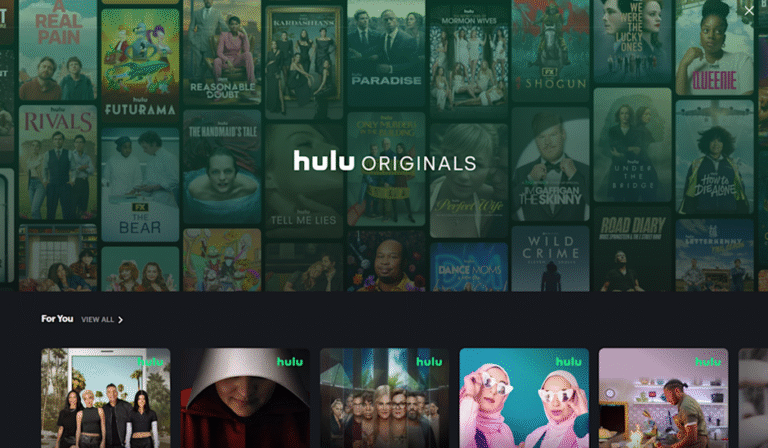Meta CEO Mark Zuckerberg is reportedly taking matters into his own hands in a high-stakes bid to create superintelligence—AI systems with the potential to surpass human intellect. According to a detailed report by Bloomberg, Zuckerberg is personally recruiting a team of elite minds in artificial intelligence, driven by mounting frustration over Meta’s sluggish progress in the space.

Sources say he has been meeting privately with top AI experts at his homes in Lake Tahoe and Palo Alto, underscoring how hands-on he’s become. Neither Meta nor Zuckerberg have issued public comments on the effort. While Meta has integrated AI into platforms like Facebook, WhatsApp, its Ray-Ban smart glasses, and chatbots, it remains in the shadow of rivals—particularly OpenAI, whose ChatGPT continues to lead the field. Meta’s Llama AI models, once hyped as contenders, have faced notable setbacks, including with the Llama 4 project.
To accelerate progress, Zuckerberg is reportedly restructuring Meta’s Menlo Park headquarters to position the new AI team near his office. He plans to bring on around 50 new hires, personally curating the team, Bloomberg revealed. The initiative is seen as a response to internal dissatisfaction, particularly over the pace and performance of Meta’s AI research.
Adding intrigue to the effort is the involvement of Alexandr Wang, the 28-year-old CEO of Scale AI. Meta is allegedly exploring a multi-billion-dollar investment in Wang’s company, signaling a potentially massive financial commitment behind the scenes. According to insiders, Zuckerberg aims to fund this initiative through Meta’s vast advertising empire, though it remains unclear how this new team will coordinate with the company’s existing AI division.
Zuckerberg’s obsession with AI is not new. Over the last few years, he’s repeatedly repositioned Meta to become an AI-first company—with varying levels of success. But the rise of OpenAI and its explosive innovation cycle has clearly intensified his urgency. Zuckerberg is now pushing harder than ever, determined to stake Meta’s future on becoming a global AI superpower.
The goal? Nothing short of artificial general intelligence (AGI)—a level of AI that can match or exceed human reasoning across all tasks. AGI is considered a prerequisite to developing true superintelligence. But experts remain divided. Some say we’re years away from AGI. Others argue we don’t even have a viable roadmap yet. Still, the arms race is on.
Meta isn’t alone in this pursuit. The AI battleground includes Microsoft-backed OpenAI, Google’s DeepMind and Gemini projects, Elon Musk’s xAI, and Anthropic, among others. Even Apple—traditionally slow to the AI race—is now stepping in with fresh announcements, signaling it too is aware of AI’s disruptive power.
The stakes are enormous. Tech giants view AI as both the biggest opportunity and most pressing existential threat. For Meta, building Llama as an open-source model is a key differentiator—much like Android was for smartphones. By making AI free and foundational, Meta hopes to own the infrastructure of tomorrow’s intelligent machines.
Google, meanwhile, fears for the future of its search business. Why use a search engine if an AI model gives you direct, curated answers? Apple faces another dilemma: Will AI replace the app-centric model that made the iPhone dominant?
Though OpenAI may have the early lead, with ChatGPT as its flagship, the competitive gap is closing fast. Zuckerberg’s new push could reset the playing field—and usher in a new era where Meta doesn’t just follow the AI leaders, but becomes one.
As the world watches, one thing is clear: the race for superintelligence is no longer theoretical. It’s personal, strategic, and already reshaping the future of tech.



